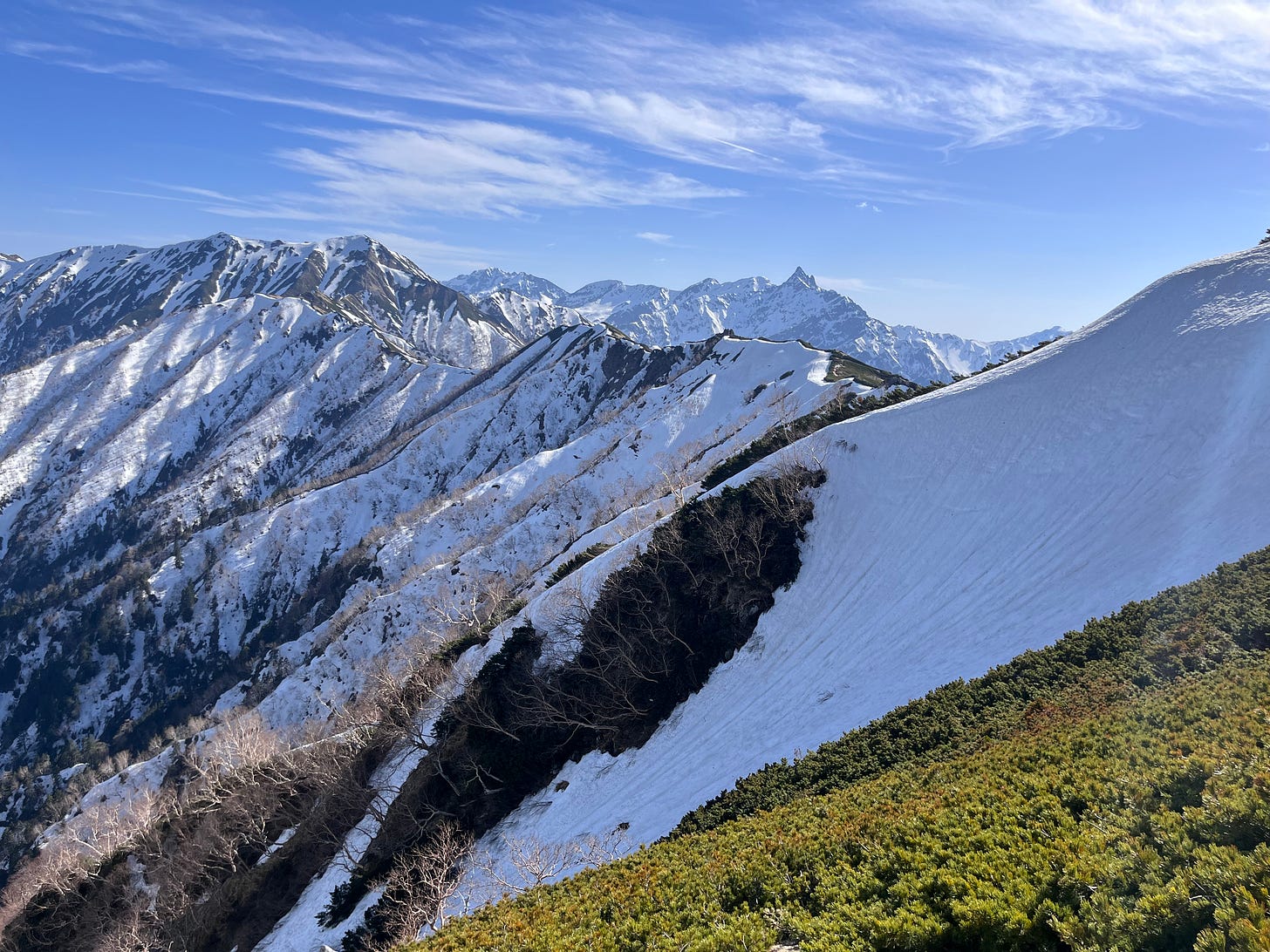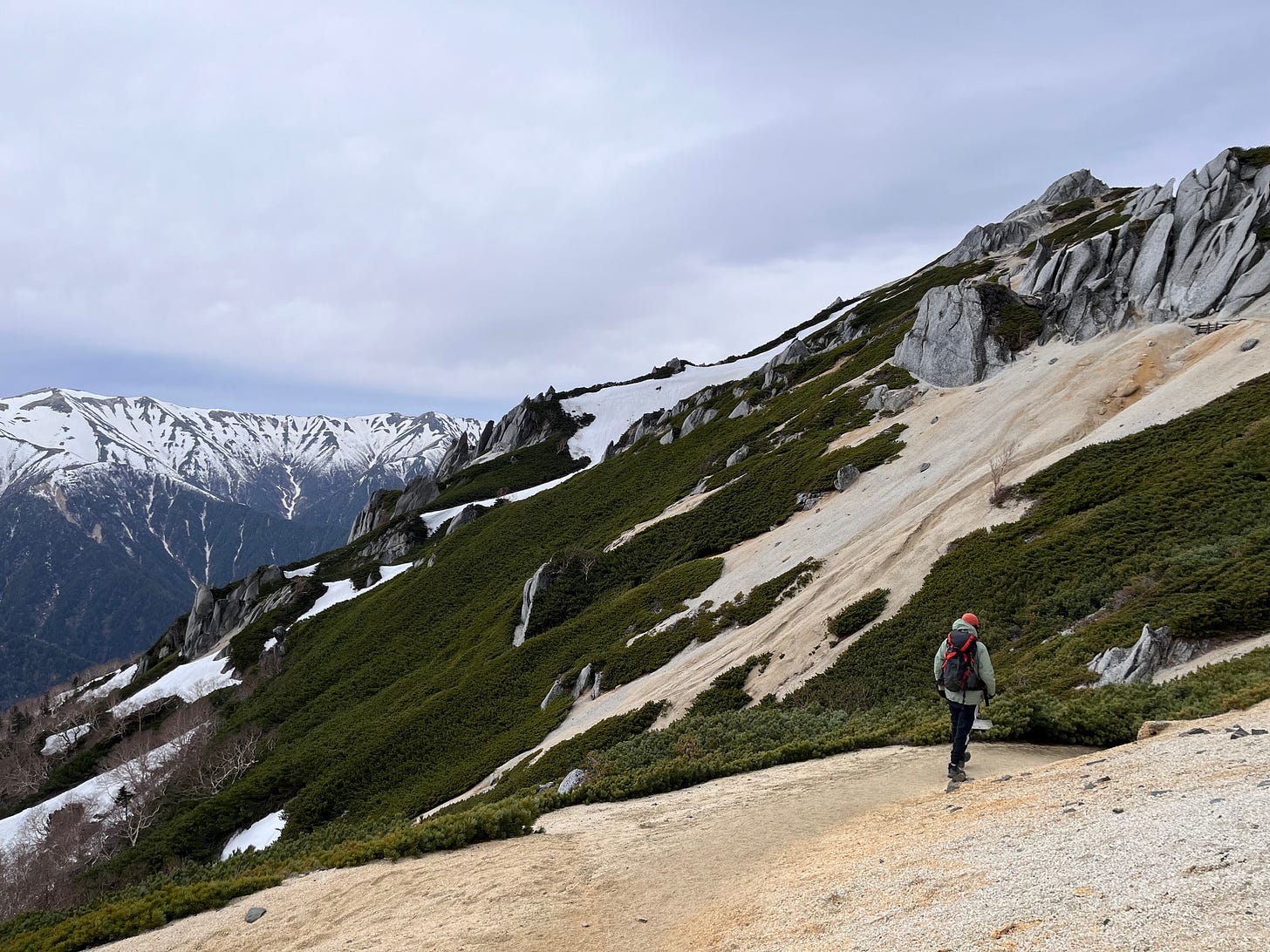Eighteen years ago some eighteen eighteen-year-olds from New Jersey turned up at an apartment in Nolita at 6am. They took the elevator up four floors, and the doors opened directly onto the living room. They piled in with whispers, changing into basketball shorts and tshirts, falling to the ground and stacking three to a couch without brushing their teeth. The lucky fell asleep, Feta was out so hard that his mouth hung open, he seemed to be inviting us to stick things in it so naturally someone hung a tampon from the slack jaw and we took pictures with our digital cameras. Our feet under the kitchen table, Celo and I lay whispering; more accurately he expertly entertained my jokes while also sliding in and out of sleep. There was no way I was going to get a wink; I was responsible for a host of friends crashing on the floor of my sister’s apartment, where my nephew, three weeks old, was sleeping in the back.
We still laugh about it. Chi Hai and Rich were 32 and 35 with a newborn, letting a limo full of teenage nerds crash in their living room in Manhattan after prom.
That newborn turned eighteen yesterday. He can vote for one of the two ancient meat puppets running for office in November. Onward to prom, graduation, and Ohio.
In the last volume of In Search of Lost Time, the narrator, whose age is never addressed explicitly in the book, who is always moving in and out of time, goes to a party after a long and undefined period in a sanatorium. He looks around, marveling at the costumes. Beautiful wigs, strange makeup, everyone looks so unlike themselves. No, he realizes after a few encounters: It's not a masquerade. People have just gotten old.
And now I began to understand what old age was—old age, which perhaps of all the realities is the one of which we preserve for longest in our life a purely abstract conception, looking at calendars, dating our letters, seeing our friends marry and then in their turn the children of our friends, and yet, either from fear or from sloth, not understanding what all this means, until the day when we behold an unknown silhouette, like that of M. d'Argencourt, which teaches us that we are living in a new world; until the day when a grandson of a woman we once knew, a young man whom instinctively we treat as a contemporary of ours, smiles as though we were making fun of him because to him it seems that we are old enough to be his grandfather—and I began to understand too what death meant and love and the joys of the spiritual life, the usefulness of suffering, a vocation, etc.
I feel very far from old age, but then, old is always relative. I do very much understand the feeling that the passing of time is only made concrete by things like writing down the date, or seeing that your nephew has surpassed your mother in height — then you, then his own father. Or knowing that five new moons have passed this year, and I’m writing to you again.
And then there’s Mountain Time.
Two days ago G and I were leisurely walking a 2,700m high ridge, taking photos and shouting above the wind, pointing out rock formations that looked like modern sculptures. I thought about an interview Krista Tippett did with the late Irish poet John O’Donohue in which he talks about the “bare limestone landscape” of western Ireland. “I think that that was one of the recognitions of the Celtic imagination — that landscape wasn’t just matter, but that it was actually alive,” he said. The mountain really did look alive, much more alive than me, big slabs of rock, slashes of sand, patches of snow, long triangles of shrubbery. We idled, happy merenderos.
We got back to the mountain hut we’d stayed the night before to retrieve our stuff before heading back down. I went in for the tiniest of faffs, to get my bag and go to the bathroom. I slid in my wool socks down the hardwood floor of the main dorm room, drafty without the kerosene heaters on, it had been full of activity at 4:30 that morning but by 8:30am it was empty, the curtains drawn back, everyone’s futons folded neatly. I took time, looked at the details, enjoyed being alone inside the sprawling building that’s been there since 1921. I thought about the mountain aging, warming, how it feels time passing. Its complete indifference to dates, calendars, and the heights of nephews.
By the time I got outside to look for G, the weather had unexpectedly turned. The wind was lashing straight across our faces, whipping hail into our eyes. I couldn’t see. I felt real fear. I shouted should we wait out the wind, G shouted back, it’s not going to get any better, let’s get the fuck out of here. The wind knocked his six-foot form to the left, then me to my knees. Time slowed down, each footstep was important. The day before we had seen in the distance the figure of a woman like a tiny stick figure slide on her front several meters down the snowy facade of the peak in front of us. Her weight caught her partner who was below her, and together their bodies went sliding, I wondered if I was about to watch two people fall off the mountain, my heart stopped briefly as I thought about the damage, but then friction brought them to a stop. They got to their feet, she seemed shaken, but they started climbing again.
Now as the hail was burning my eyes, we were practically running across the ridge, the blades of our crampons clawing at the thick snow. I wanted time to pass so badly, to be past the scary part, the doubt, the guessing and the fear, to get to security, stability, predictability. But as soon as we got down off the slope, the hail having turned to soft cottony snow, I turned to G and grinned like a fool. “That was fun.”
I’m very pleased that my feature story on sitting culture in Japan has been shortlisted for a Society of Publishers in Asia award. If you haven’t yet, you can read it here.





